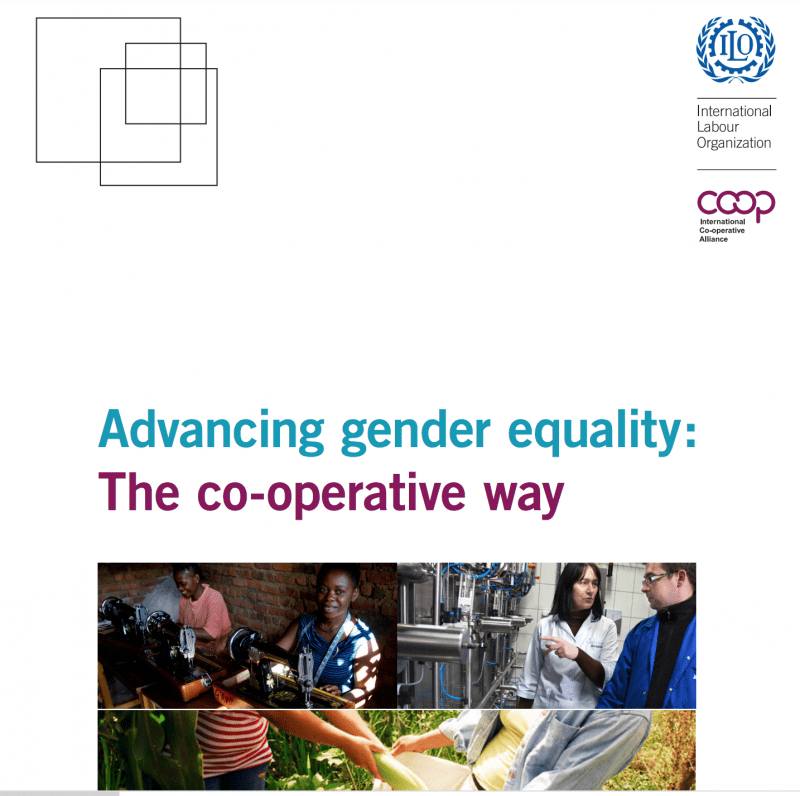
Compared to men, women continue to earn less, are more likely to partake in unpaid labour, and are more apt to be excluded from decent work and opportunities for advancement. As gender equity is increasingly seen as a pillar for sustainable economic development and broad social well-being, alternative models to development which incorporate women’s equality in work are needed. Rooted in values of self-help, equality, and equity, as well as economic growth through cooperation and democratic processes, cooperative enterprises are well-positioned to answer this call.
The adoption of the Beijing Declaration and Platform for Action at the Fourth World Conference on Women in 1995 laid the foundation for action towards gender equality in all aspects of economic, social, cultural and political life.
Twenty years later, the International Labour Organization (ILO) and the ICA have joined together to assess how one particular sector—the cooperative movement—is impacting (and is impacted by) progress towards women’s empowerment and gender equality.
Download the report below




